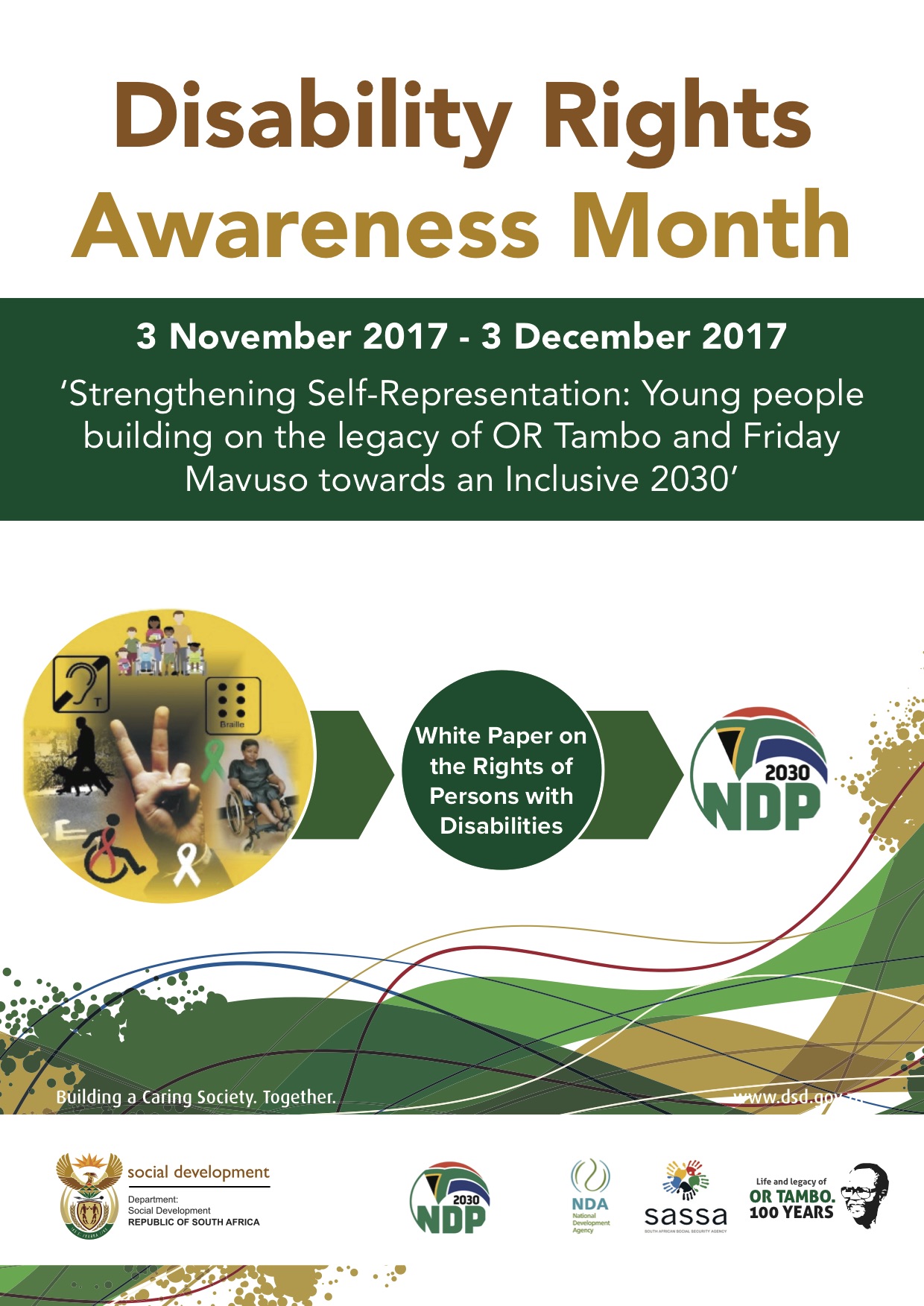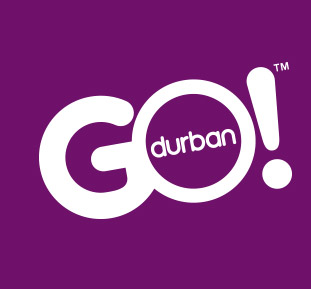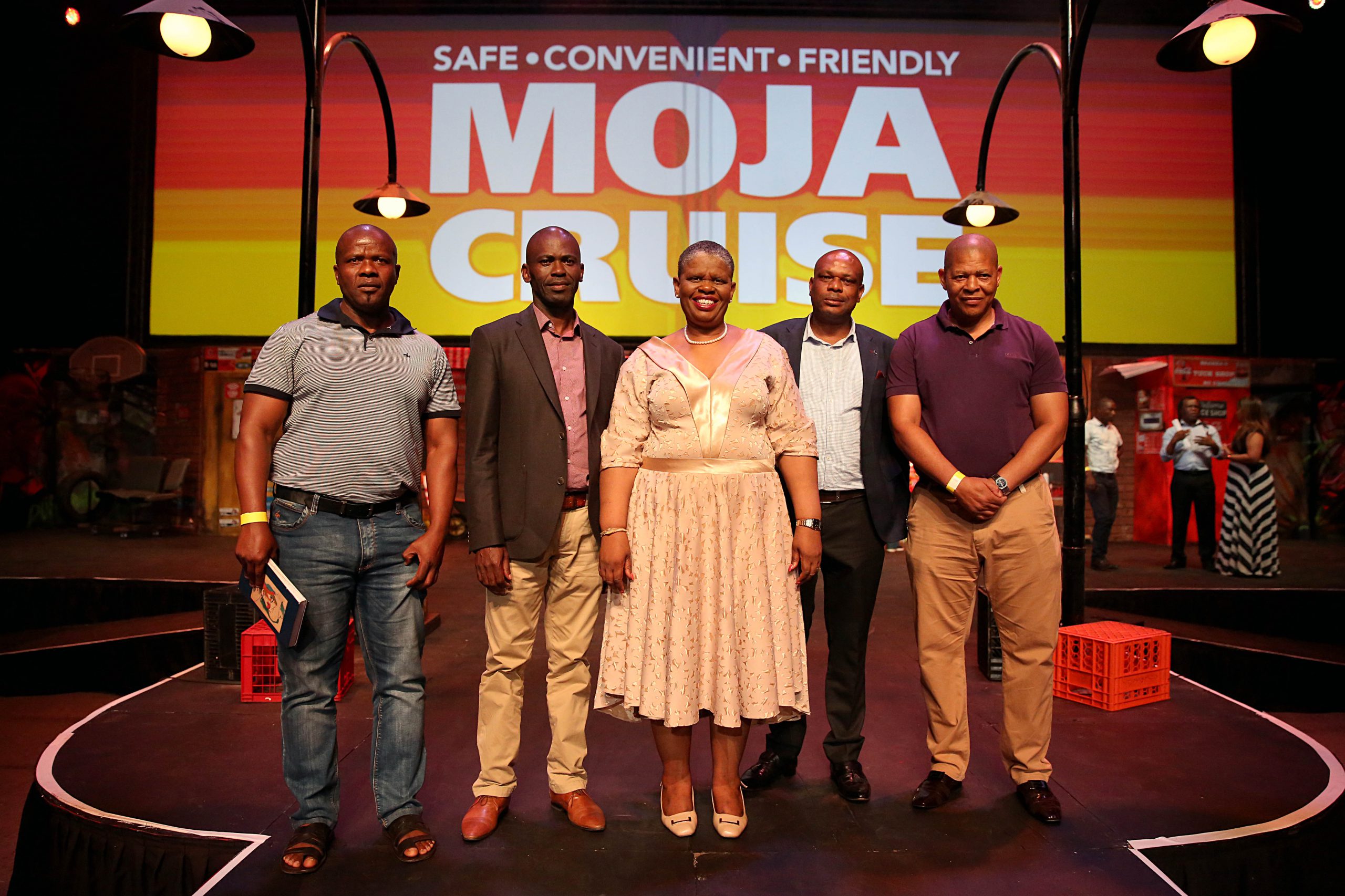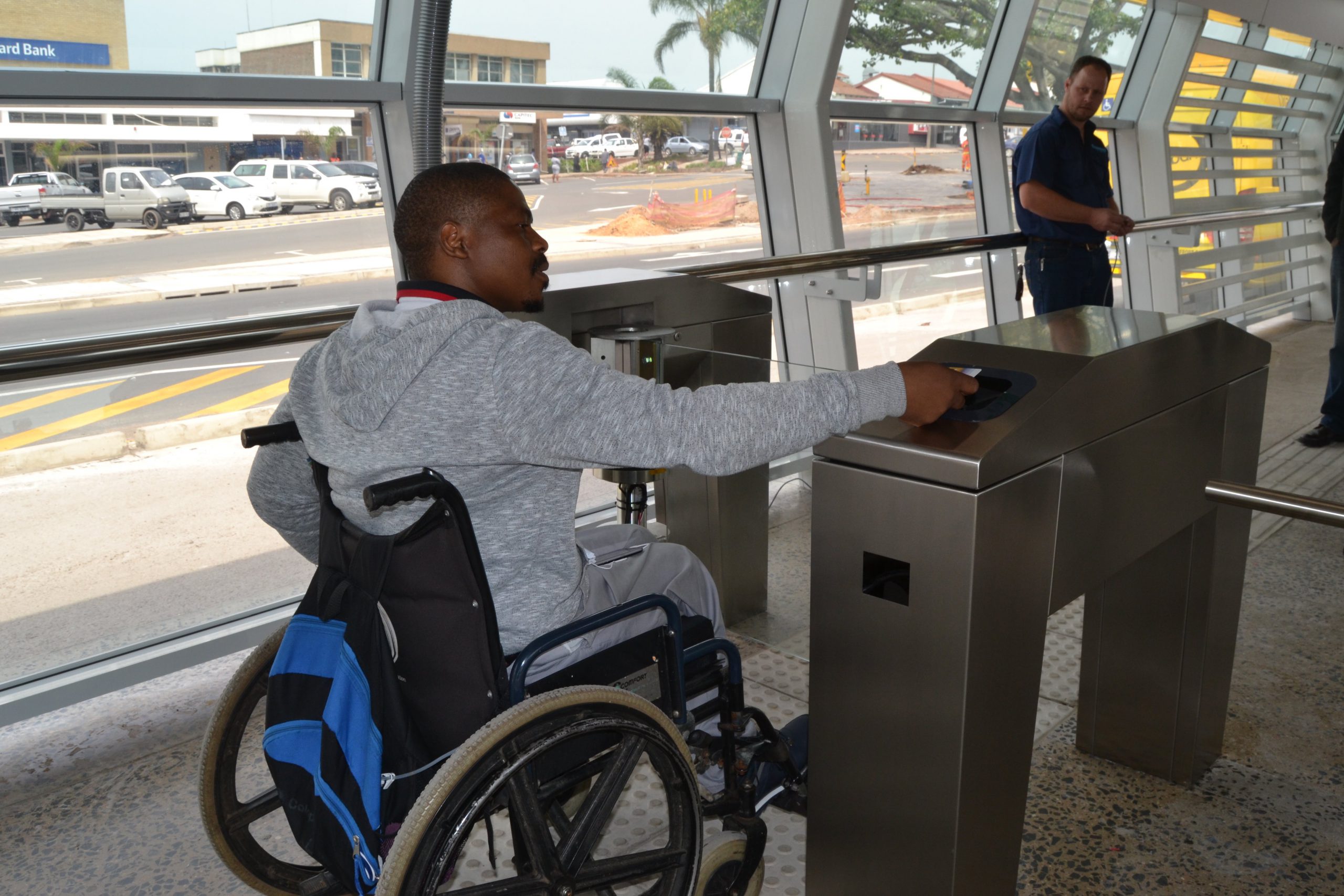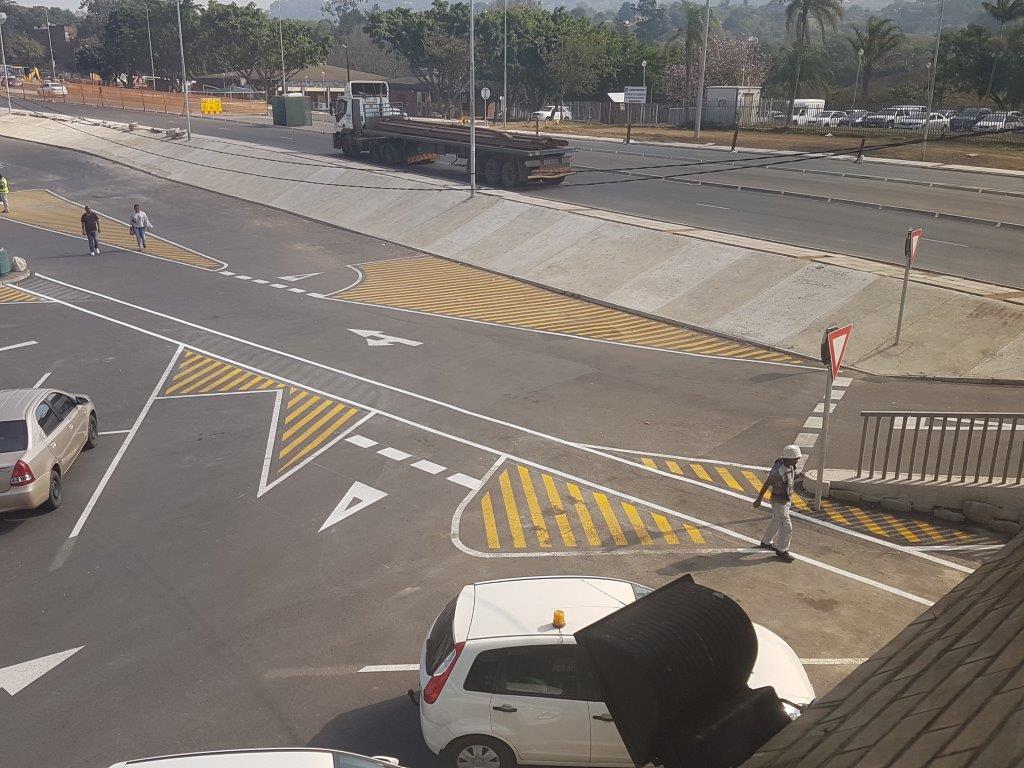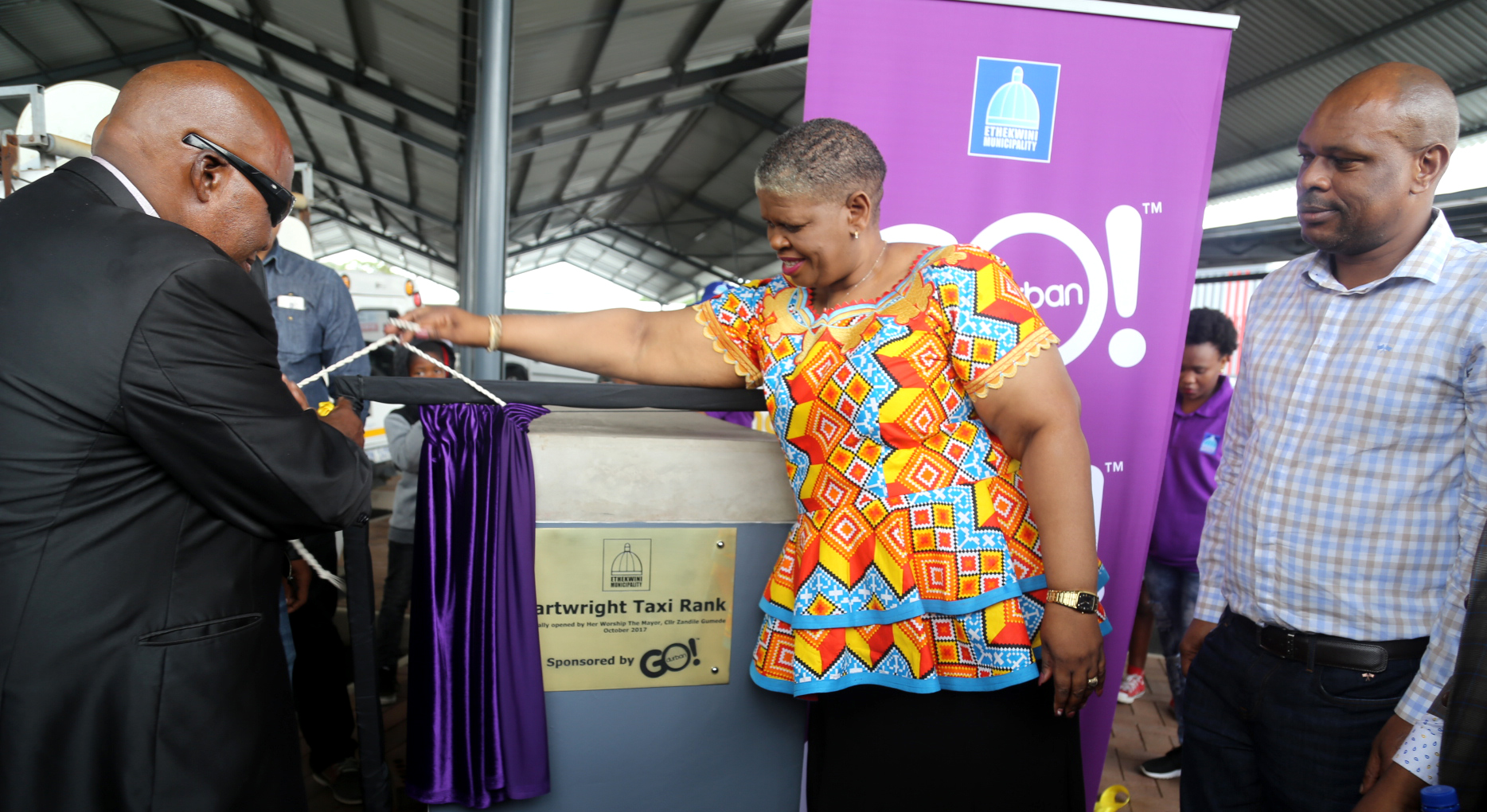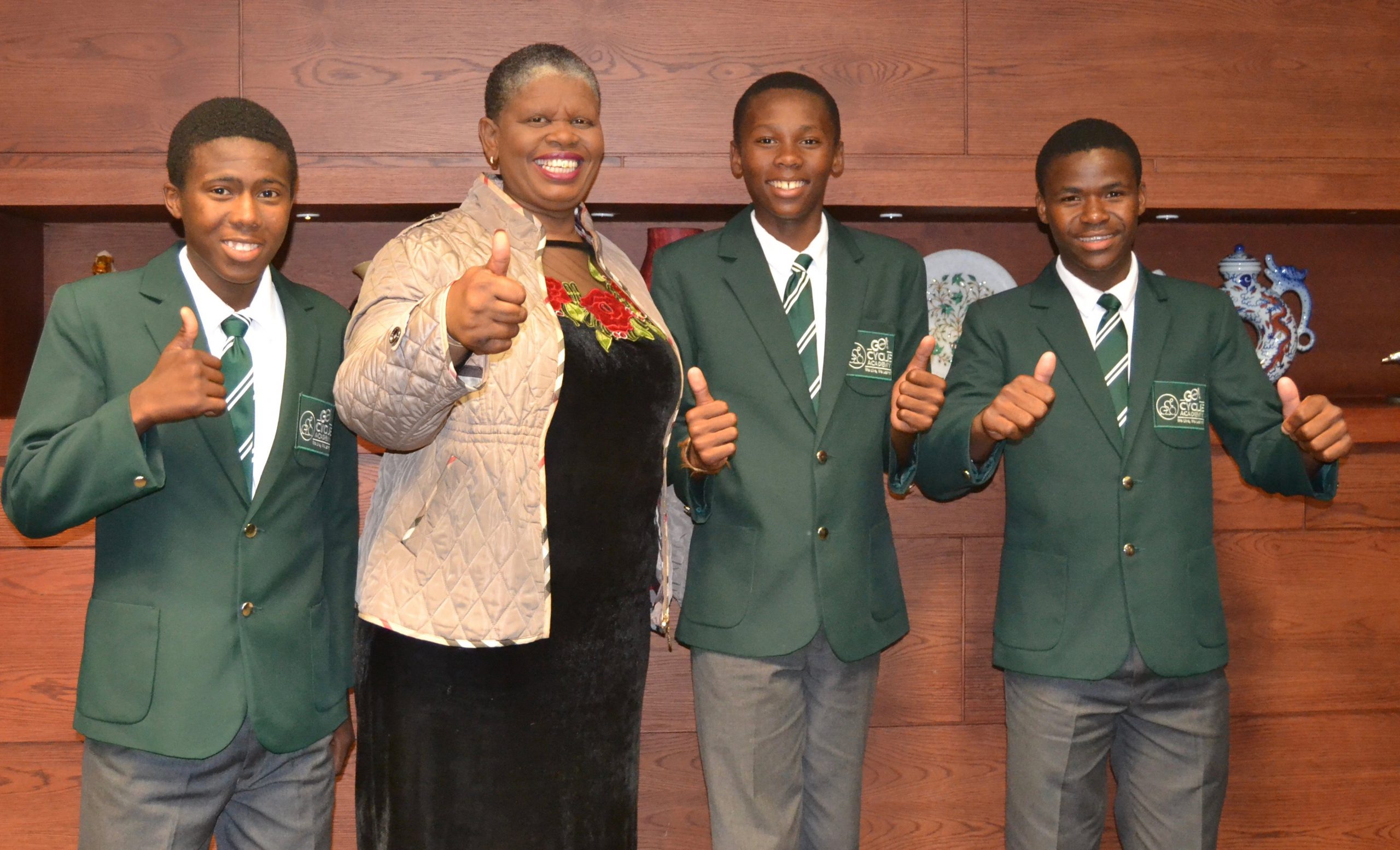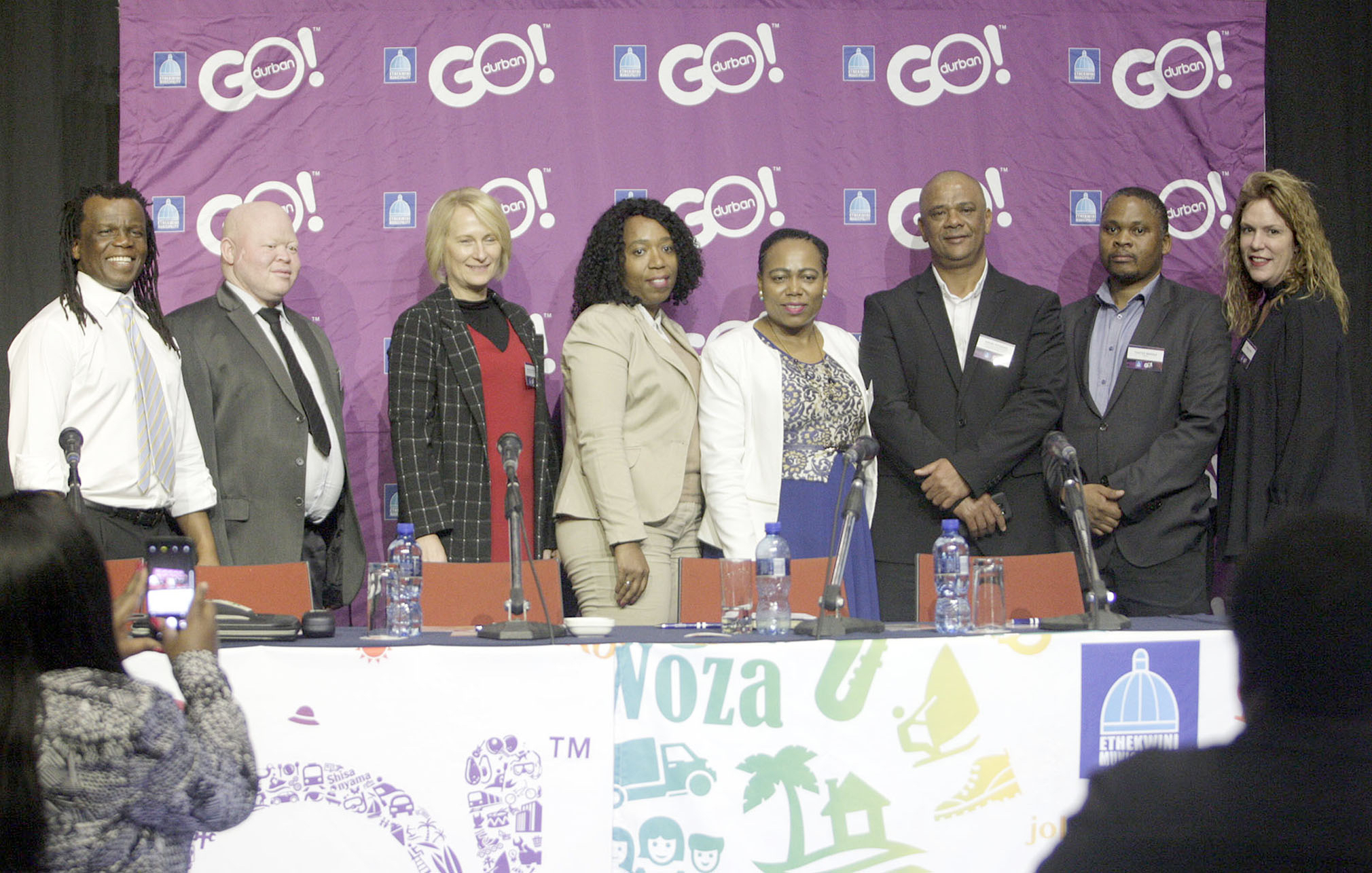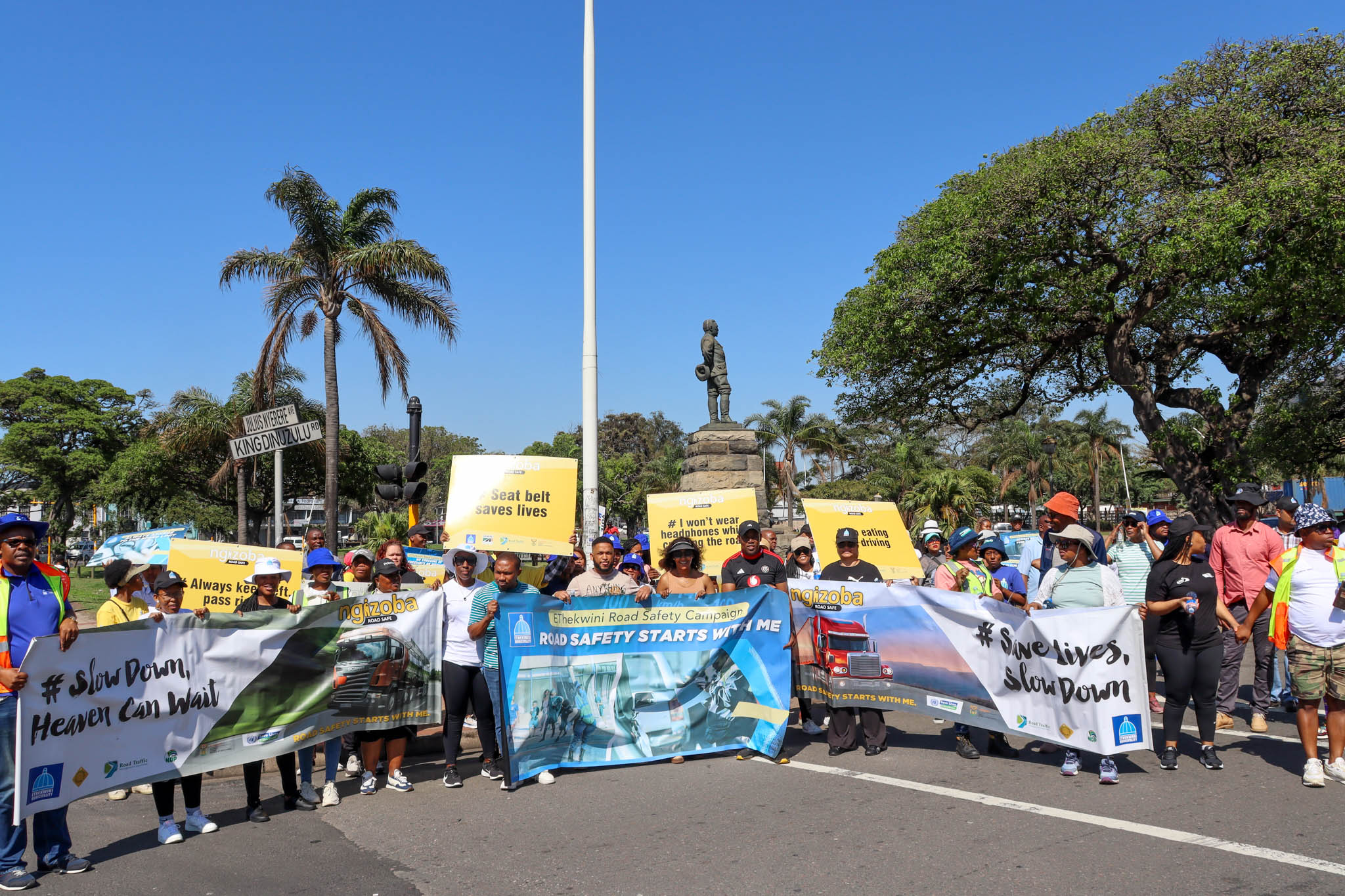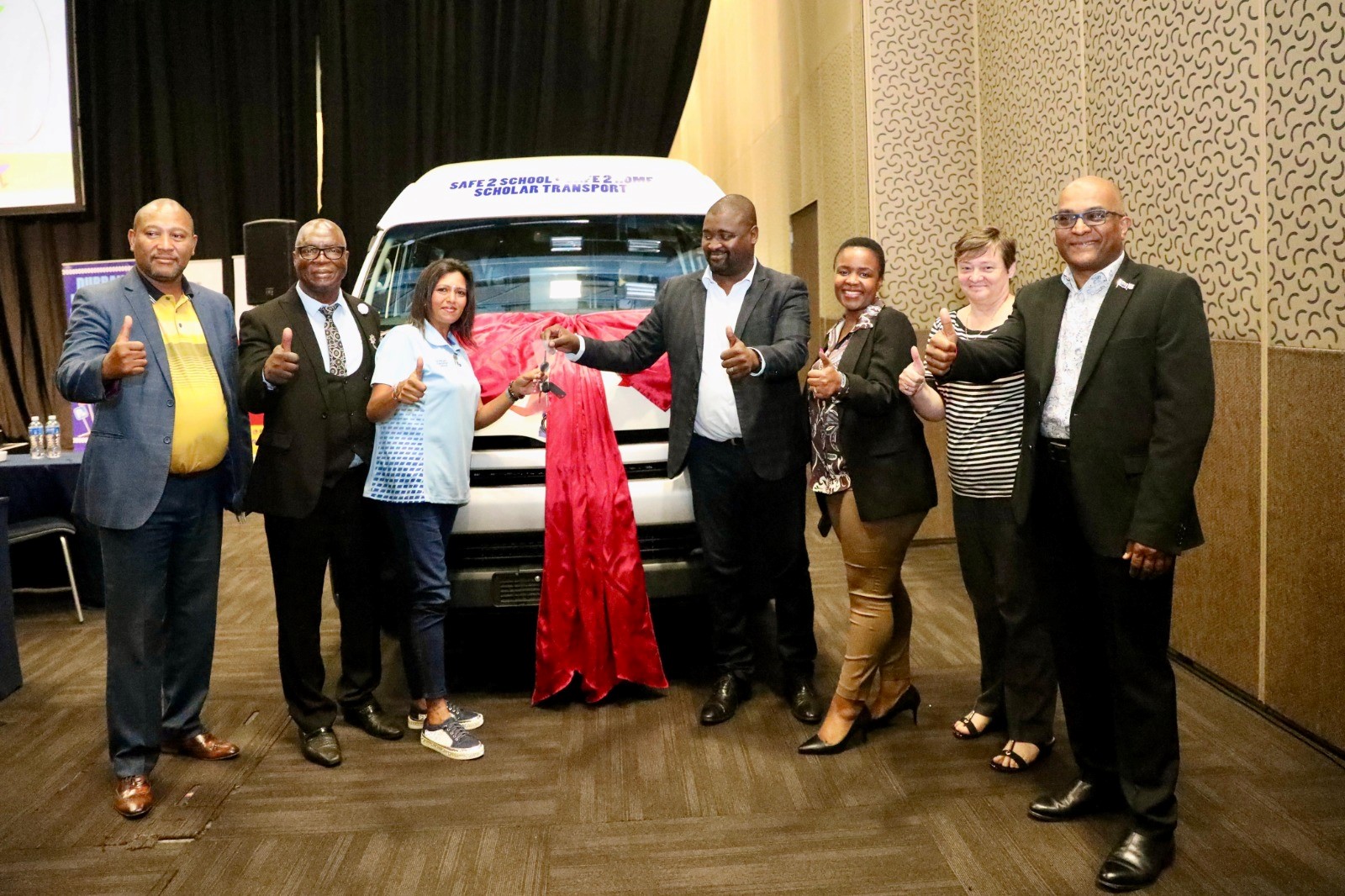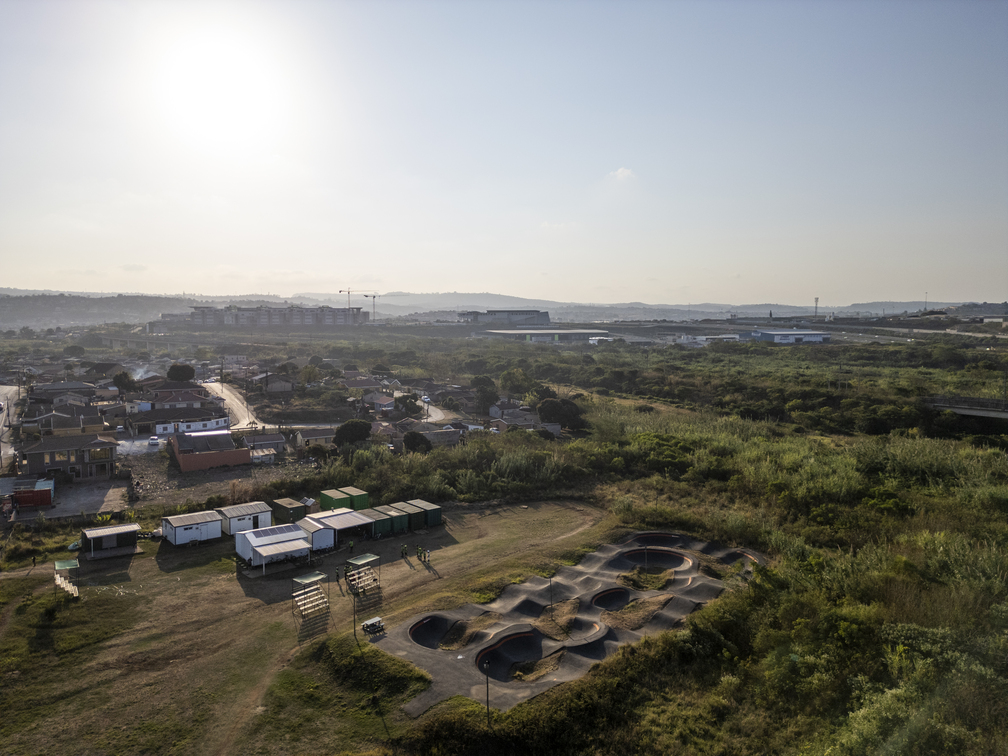eThekwini Municipality engages with automotive industry to promote manufacturing in the City
The eThekwini Transport Authority, recently held a ground-breaking workshop which was well attended by automotive industry stakeholders. The workshop was a significant move ahead of major tenders being advertised for the procurement of buses for the new GO!Durban IRPTN. It is part of the network’s endeavour to encourage meaningful transformation and renew manufacturing in this sector in the City.
The workshop aimed to enlighten stakeholders on GO!Durban’s progress and the government policies in relation to the procurement of fleet that will be required for this new network. Recent changes in procurement legislation that have been introduced by national and local government prioritizing localization were presented. The industry was encouraged to look at creative ways to work together to achieve true and meaningful transformation in this sector.
Speaking on behalf of the eThekwini Municipal Mayor, Andre Petersen, Head of Supply Chain Management said “This marks another important step for local Government, as we continue this long journey to transform society within the framework of National Government’s Radical Economic Transformation policy. We trust this will have a long-lasting effect on economic development and growth within our Municipality.”
About 150 automotive industry representatives, public transport operators, business people and entrepreneurs gathered at the Inkosi Albert Luthuli Convention Centre on Wednesday, August 30 to discuss some vital issues that will ultimately affect the efficient running of future public transport in the eThekwini Municipality, and by extension the people of the City. Petersen explained that GO!Durban is serving as a major catalyst for economic growth and development in the City. He went on to say that while government provides the platform for economic growth and development, acting as an enabler for this to take place, the private sector needed to work closely with government to enable meaningful transformation for those that have been excluded in the past.
“Together, we need to look at ways in which the private sector can be involved in the future success of GO!Durban,” he further explained. “The GO!Durban Empowerment Charter with its provisions attached to the numerous awarded contracts, that aim to accelerate the inclusion of previously marginalized individuals, has resulted in some significant shifts for local businesses. Since 2014, when construction of the GO!Durban network began, close to R1.2 billion has been made available for subcontractors, almost R372 million has been injected into enterprise development, and R526 million spent on 155 business beneficiaries with some 22 500 job opportunities created.”
Head of the eThekwini Transport Authority, Thami Manyathi, presented an update on the GO!Durban project and gave an overview on the fleet requirements for the first phase of the upgraded public transport system. Manyathi said that around 200 rigid buses, 180 articulated buses and 765 midi-buses will be required for the new system over the next 5 years. In addition, 250 commuter buses will be required as part of the replacement programme for the existing City Public Transport contracts. He said the bus delivery timeline is estimated for the second half of 2018 and that a first tranche of R1.2 billion is planned for the fleet for the C3 route that runs from Pinetown through New Germany and KwaDabeka to Bridge City, KwaMashu. He said that the City will be advertising these tenders within the next few weeks, and because of the nature and size of the tenders, an extended submission period will be provided to give businesses enough time to submit tenders to meet the transformation and local investment objectives.
The next tranche of tenders will cater for the C9 route from Bridge City via Phoenix Industrial and Cornubia to Umhlanga, as well as fleet to be used in the Inner City.
Manyathi explained that the magnitude of the GO!Durban project over the long-term and requirements into the future, supports investment confidence. “This will help strengthen the manufacturing sector, and link component suppliers to fleet production processes in order to achieve enterprise development and expand capacity to maintain the fleet.”
Key to the unlocking and growing of the local economy is the practice of localization, a topic covered by a number of the speakers including Catherine Matidza, Director of Industrial Procurement at the Department of Trade and Industry, Riaaz Haffejee, CEO of the National Association of Automotive Component and Allied Manufacturers, and facilitator Dionne Kerr of Siyakha, a management consulting firm that specialises in implementing Enterprise Development. Ms Kerr said that the notion of merely having a BEE certificate is “misguided”. “What will drive transformation is local content and a local to site approach. With GO!Durban, a R23 billion project for this City, this is a perfect platform to achieve it.”
Tshitso Mafole from Gibela Consortium, which has the contract to produce the new rolling stock for PRASA, and are themselves currently grappling with transformational processes and empowerment opportunities within this industry, provided valuable insights into their procurement process, which is focused on localization, underpinned by quality. The GO!Durban network will integrate rail and bus services across the City and the ETA are working in partnership with PRASA to achieve this.
Importantly, the gathering was reminded that the tender inclusion of the radical economic transformation framework objectives means that every contract to the value of more than R30 million must set aside 30% for black small businesses, especially youth and women owned and prioritize skill development.
Presentations from the workshop are available on the GO!Durban website godurban.local:8890. The tenders will be advertised by the City’s procurement processes, and a compulsory briefing will be held in conjunction with this.
